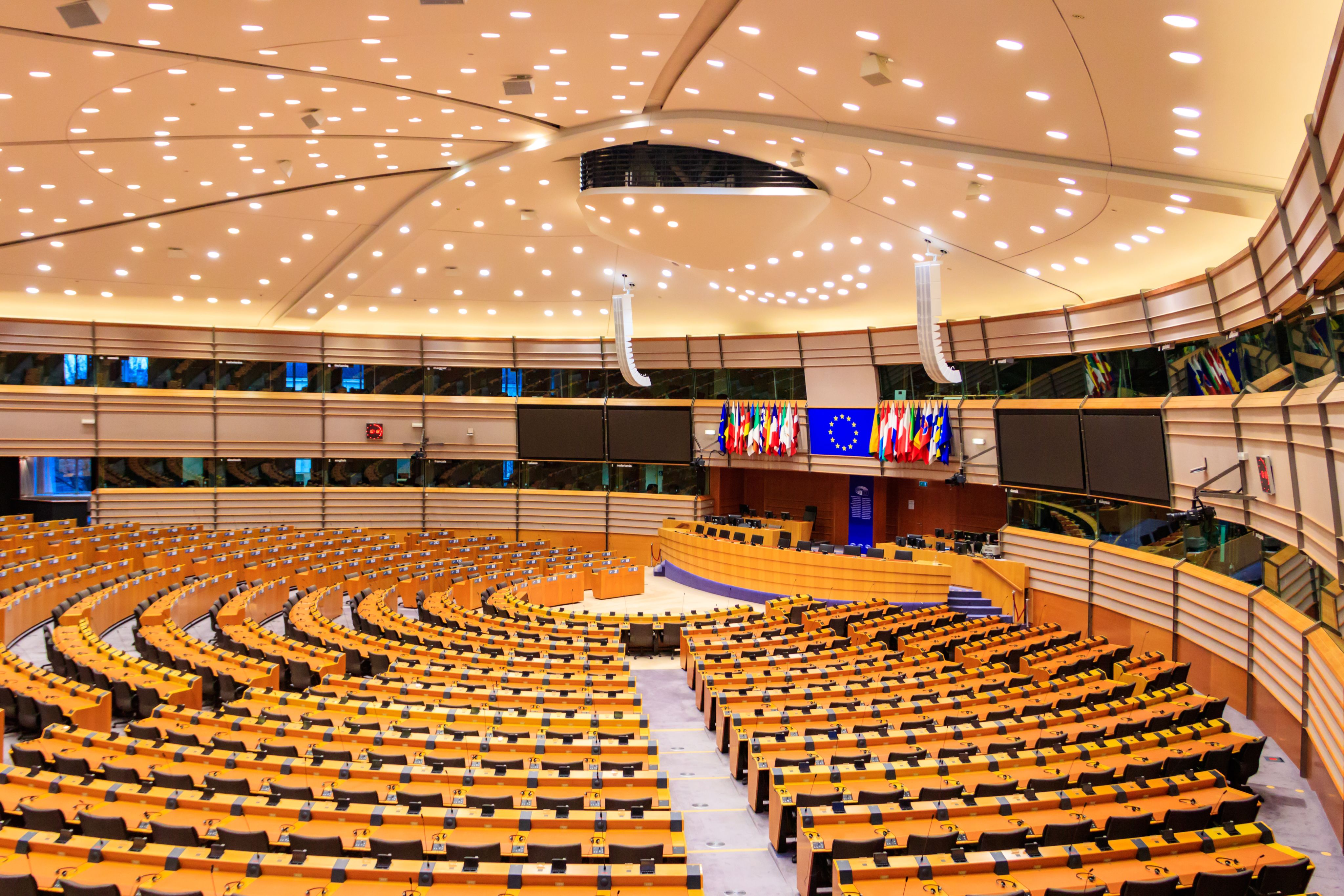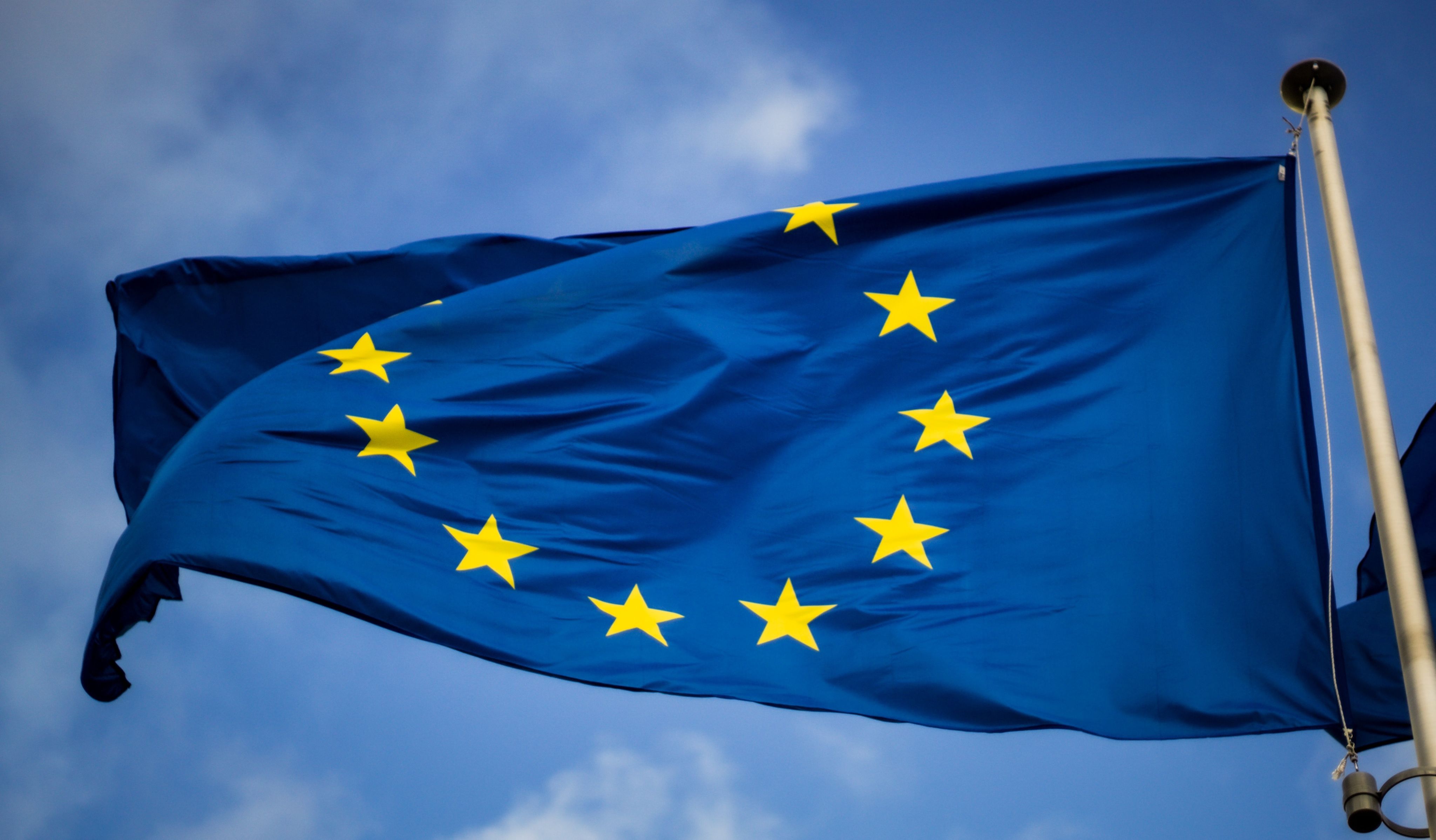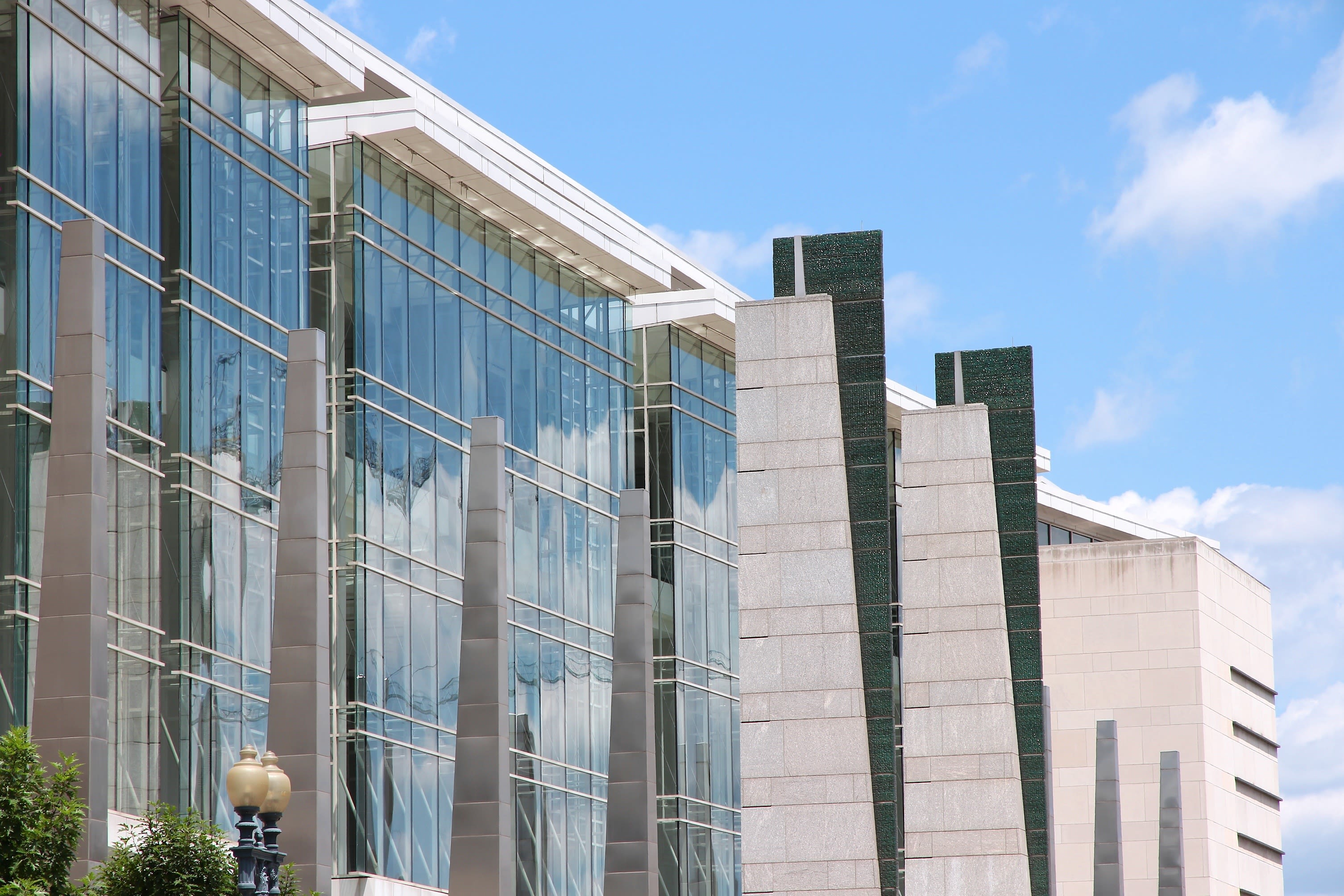EU’s AI rulebook to be published in July, enter into force in August
EU’s AI rulebook to be published in July, enter into force in August
10 June 2024
By Luca Bertuzzi
The European Union’s Artificial Intelligence Act, a flagship piece of legislation regulating AI based on its level of risk, is set to enter into force in August, as the publication on the EU Official Journal is only expected for the second half of July 2024.
The European Parliament adopted the legal act on March 13, and EU ministers approved it on May 21.
Mathieu Michel, Belgium’s state secretary for digitalization, and European Parliament President Roberta Metsola will sign the law this Thursday, the last formal step before its publication.
However, there is no fixed date for publishing this comprehensive AI rulebook.
“The [AI] Act is too long, and there are a bunch of other acts to be also published. Due to these facts, you should count at least 20 working days after the signature, which brings us to mid-July. That’s the easiest possibility,” an EU official told MLex.
The AI Act will be enacted on the twentieth day following its publication. It includes a ban on sensitive applications deemed an unacceptable risk for society, which will apply six months after the law enters into force.
The AI rulebook also includes a specific regime for general-purpose AI models, like OpenAI’s GPT-4, which underpins ChatGPT. These duties, together with the law's governance architecture, will start applying one year after taking effect.
MLex previously reported an internal timeline of the European Commission on how the EU executive is preparing to implement the AI Act. However, the timeline was based on the assumption that the law would enter into force in June or July, whereas that now has been delayed to August.
When the parliament adopted the AI Act in March, the most conservative estimates considered it would enter into force by June at the latest.
The rest of the rulebook will start applying two years after its implementation. There is an exception for the classification of AI applications used as a safety component of a product under a particularly tight due diligence regime, which was postponed to three years.
For the latest developments in AI regulation and the tech sector, privacy and cybersecurity, online safety, content moderation and more, activate your instant trial of MLex today.






